Vietnam's position has increased in relations with the Russian Federation, not only as a traditional and sustainable political partner, but also as a bridge connecting Russia with Southeast Asia and ASEAN.
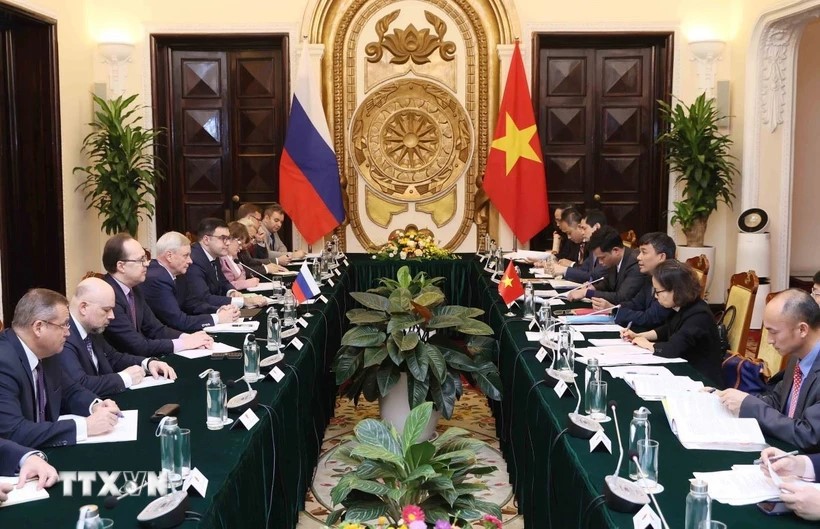 |
| Permanent Deputy Minister of Foreign Affairs Nguyen Minh Vu and First Deputy Minister of Foreign Affairs of Russia V. Titov co-chaired the 13th Vietnam-Russia Strategic Dialogue on Diplomacy, Defense and Security. (Photo: An Dang/VNA) |
Vietnam's position is increasingly consolidated, which is the common comment of many leading experts and scholars in Vietnam Studies when answering an interview with a VNA reporter in Moscow about Vietnam's role and position in relation to Russia today on the occasion of the 75th anniversary of the establishment of diplomatic relations between the two countries (January 30, 1950 - January 30, 2025).
Associate Professor of International Relations at the Diplomatic Academy of Russia, Doctor of History, Vice President of the Russia - Vietnam Friendship Association Petr Tsvetov pointed out that the relationship between the two countries has gone through three-quarters of a century with more ups than downs.
However, in recent years, the low-key tone has taken a dominant position as the two countries have not been able to increase trade turnover as expected, and some key projects have been suspended for various reasons. However, the bilateral relationship began in 2025 with a meaningful event when Prime Minister Mikhail Mishustin paid an official visit to Vietnam.
Mr. Tsvetov recalled that the Russian Prime Minister was accompanied by many ministers and heads of sectors, including the General Director of the Rosatom Nuclear Energy Corporation. Dr. Tsvetov said that the signing of the Vietnam-Russia Comprehensive Cooperation Plan until 2030 by the two sides is a strategic plan for developing bilateral relations. He hoped that through the visit, major ministries and sectors that have cooperative relations with Vietnam will have a deeper understanding of Vietnam's needs, thereby identifying directions for developing cooperation.
Vice President of the Russia - Vietnam Friendship Association Tsvetov pointed out that in the agreement on cooperation in the field of nuclear technology, there were encouraging signs beyond the economic aspect.
As an expert with extensive experience closely following relations with Vietnam, he believes that Russia's assessment of the capacity to receive and research technology in the nuclear field in particular and technology in general has changed significantly over the years, from considering Vietnam as a small partner to now trustingly introducing to Vietnam the latest technologies and most modern equipment in the high-tech field.
Mr. Tsvetov also expressed his joy that over the past year, Vietnam has completed the country's top leadership positions, and hoped that this would bring new, stronger momentum to the relationship between the two countries.
Regarding Vietnam's foreign relations, Vietnamologist and Director of the Center for Vietnam and ASEAN Studies under the Institute of China and Contemporary Asia, Russian Academy of Sciences, Professor Vladimir Mazyrin emphasized that a significant change is that 75 years ago the Soviet Union was almost Vietnam's only partner, but now Vietnam has established partnerships at many levels with many countries, including world powers such as China, the United States, and most recently Brazil.
Vietnam's position has also increased in relations with the Russian Federation, not only as a traditional and sustainable political partner, but also as a bridge connecting Russia with Southeast Asia and ASEAN, playing an important role in connecting Russia with ASEAN.
Along with ASEAN, Vietnam holds an important position in Russia’s foreign policy, especially in the project of building partnerships in the Eurasian continent. On the other hand, Vietnam always has an autonomous viewpoint in foreign policy decisions, always putting the interests of the nation above all else.
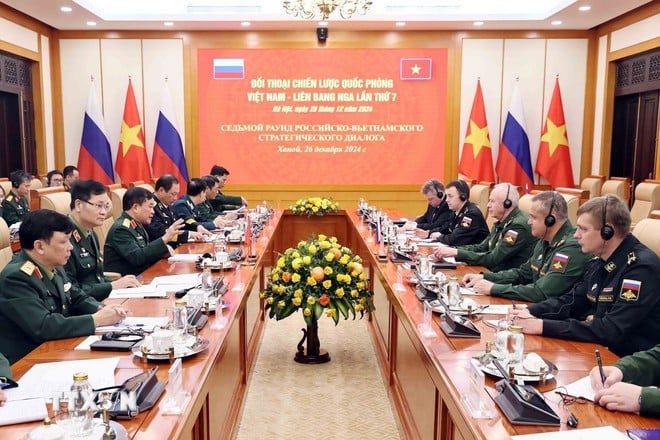 |
| The 7th Vietnam-Russia Defense Strategy Dialogue. (Photo: An Dang/VNA) |
Professor V. Mazyrin has high expectations for positive changes in the future as the two countries express their determination to create new momentum for development and success.
Meanwhile, Elena Nikulina, editor-in-chief of the Vietnam Studies magazine, a long-time expert on international affairs in Southeast Asia, and a recipient of the Friendship Medal from the State of Vietnam, reiterated President Vladimir Putin's words that Vietnam has always been one of the three important partners of the Russian Federation in Asia, along with China and India. Vietnam's role has increased as Russia has vigorously promoted its "pivot to the East" strategy.
The Russian leader appreciated that in the complicated international context, Vietnam has always shown its loyalty and supported traditional political and economic relations with the Russian Federation. As a gateway to Southeast Asia, Ms. Nikulina said that Vietnam now has many things for Russia to learn.
This expert affirmed the necessity of the Vietnam - Russia relationship, and believed that the leaders of the two countries will find solutions to resolve current objective difficulties, so that the comprehensive strategic partnership can achieve worthy results.
According to VNA/Vietnam+
https://www.vietnamplus.vn/75-nam-quan-he-viet-nam-nga-vi-the-cua-viet-nam-ngay-cang-duoc-cung-co-post1009856.vnp
Source: https://thoidai.com.vn/75-nam-quan-he-viet-nam-nga-vi-the-cua-viet-nam-ngay-cang-duoc-cung-co-209870.html






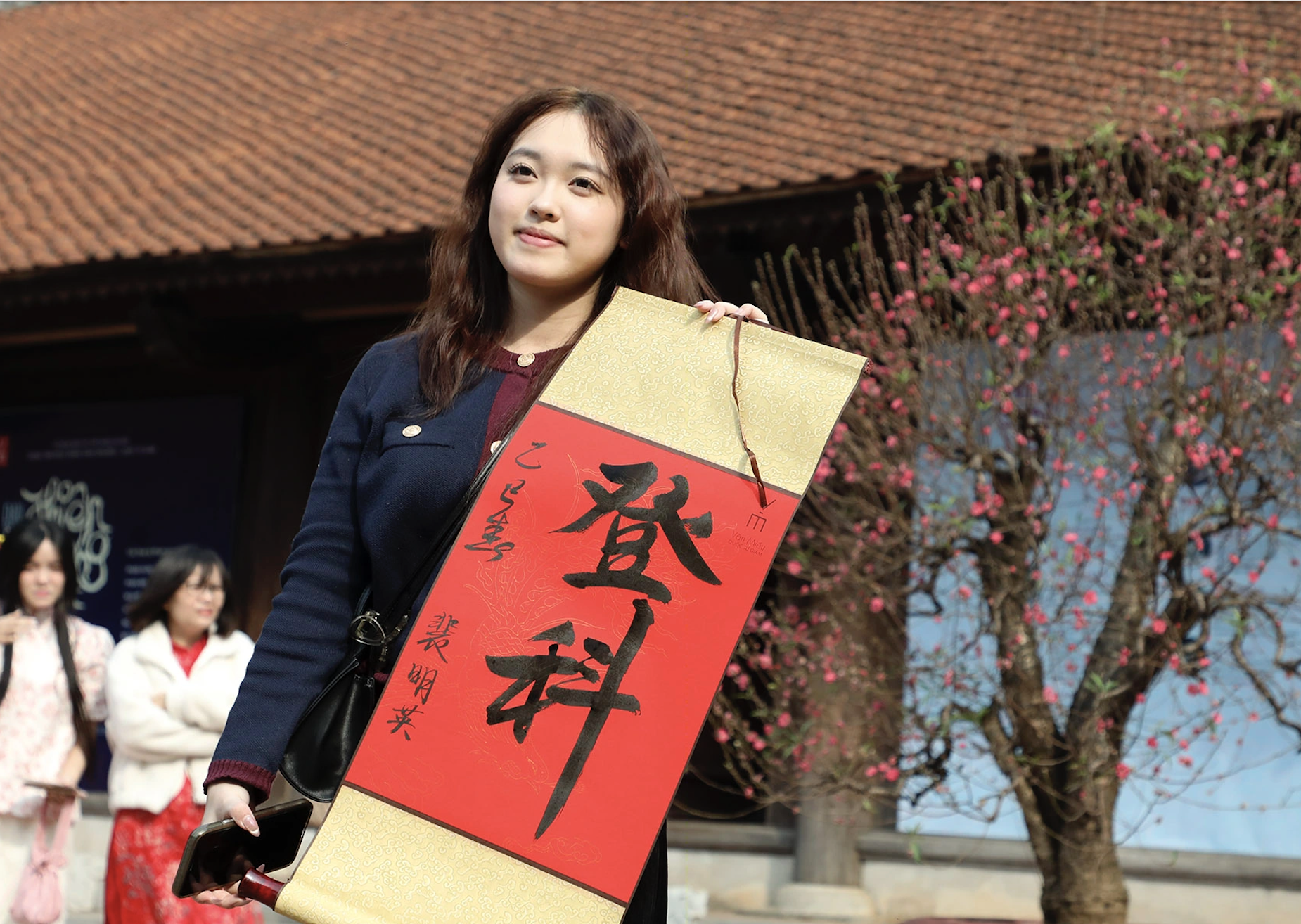















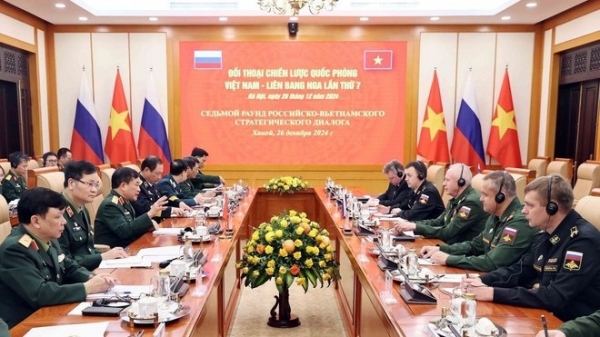
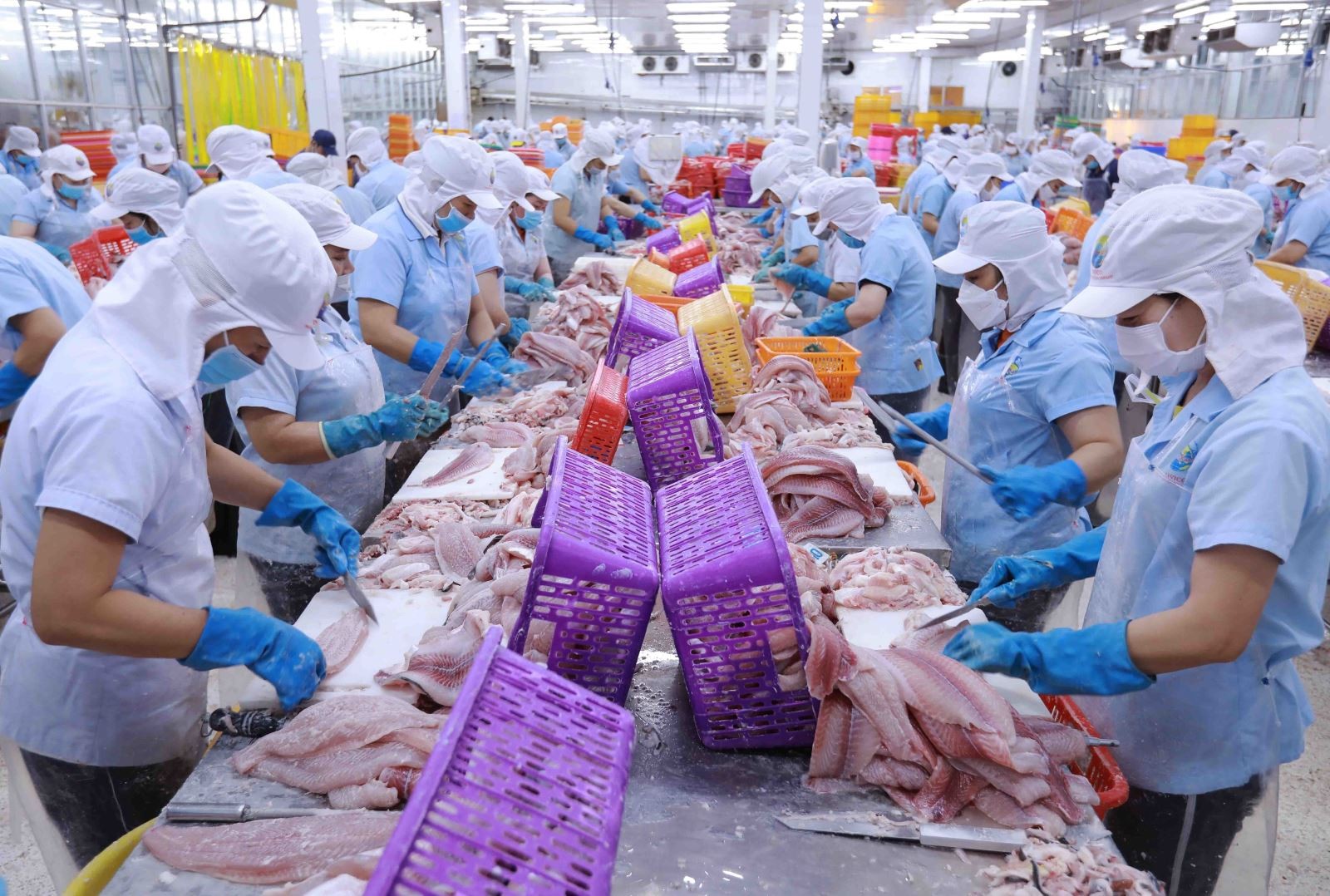

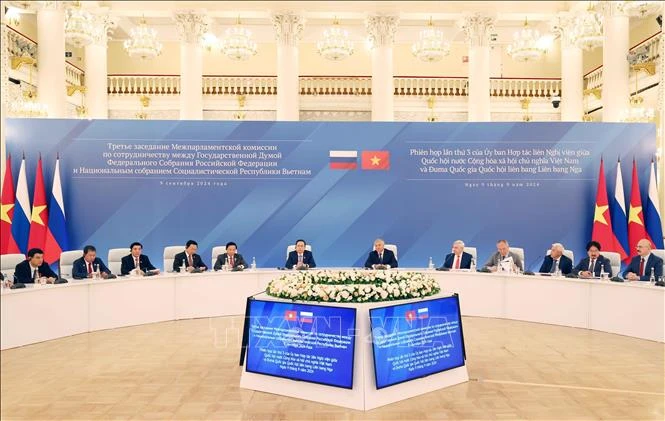



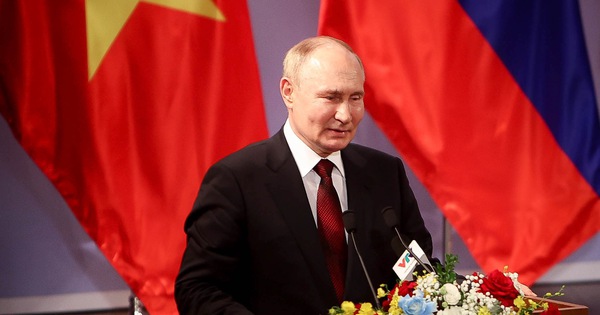
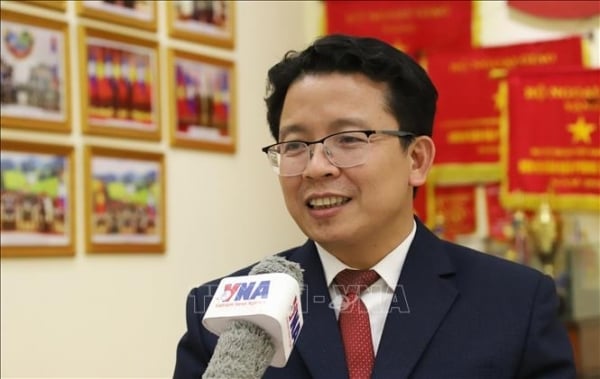


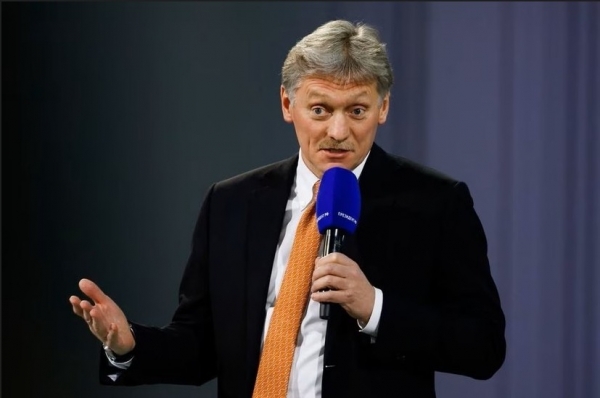
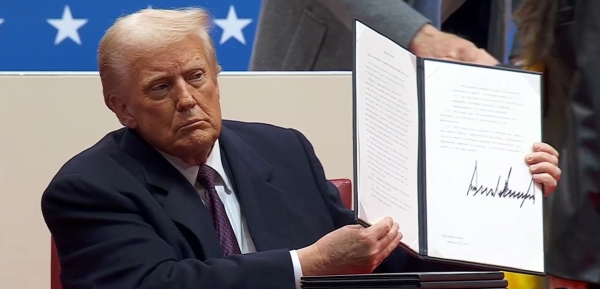
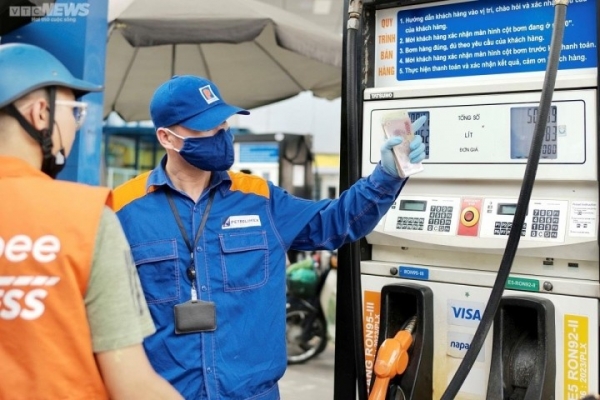
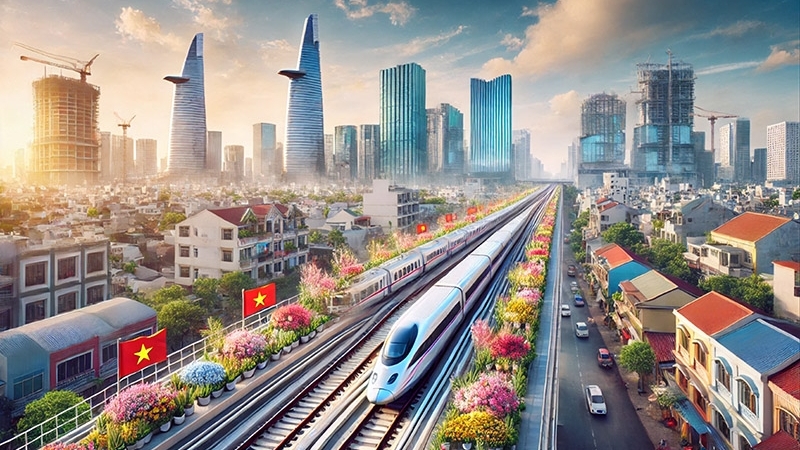

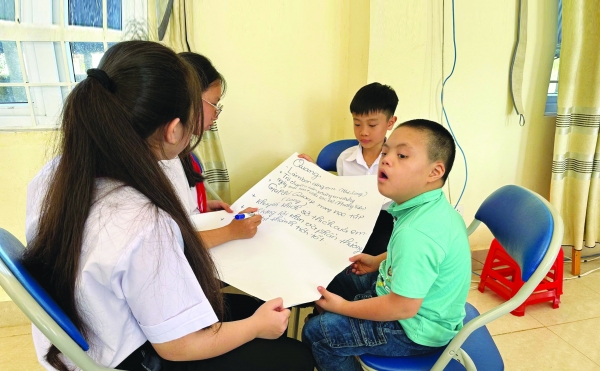
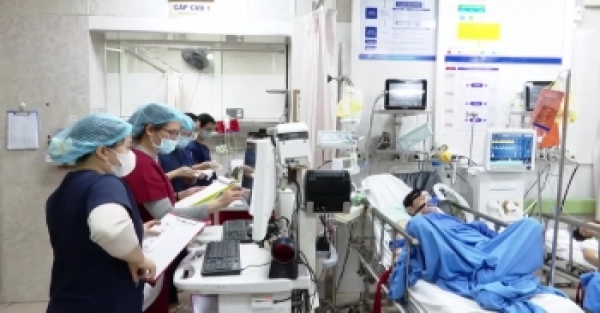

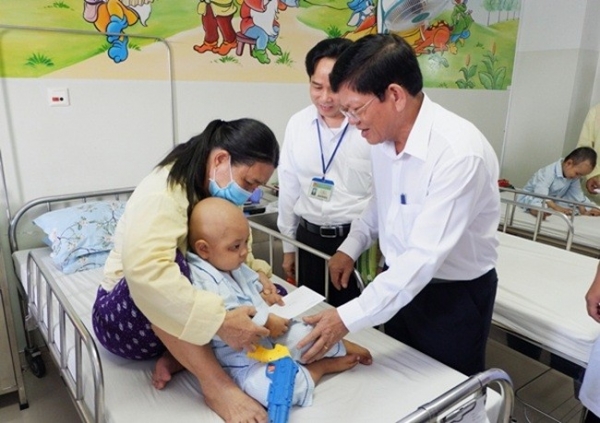

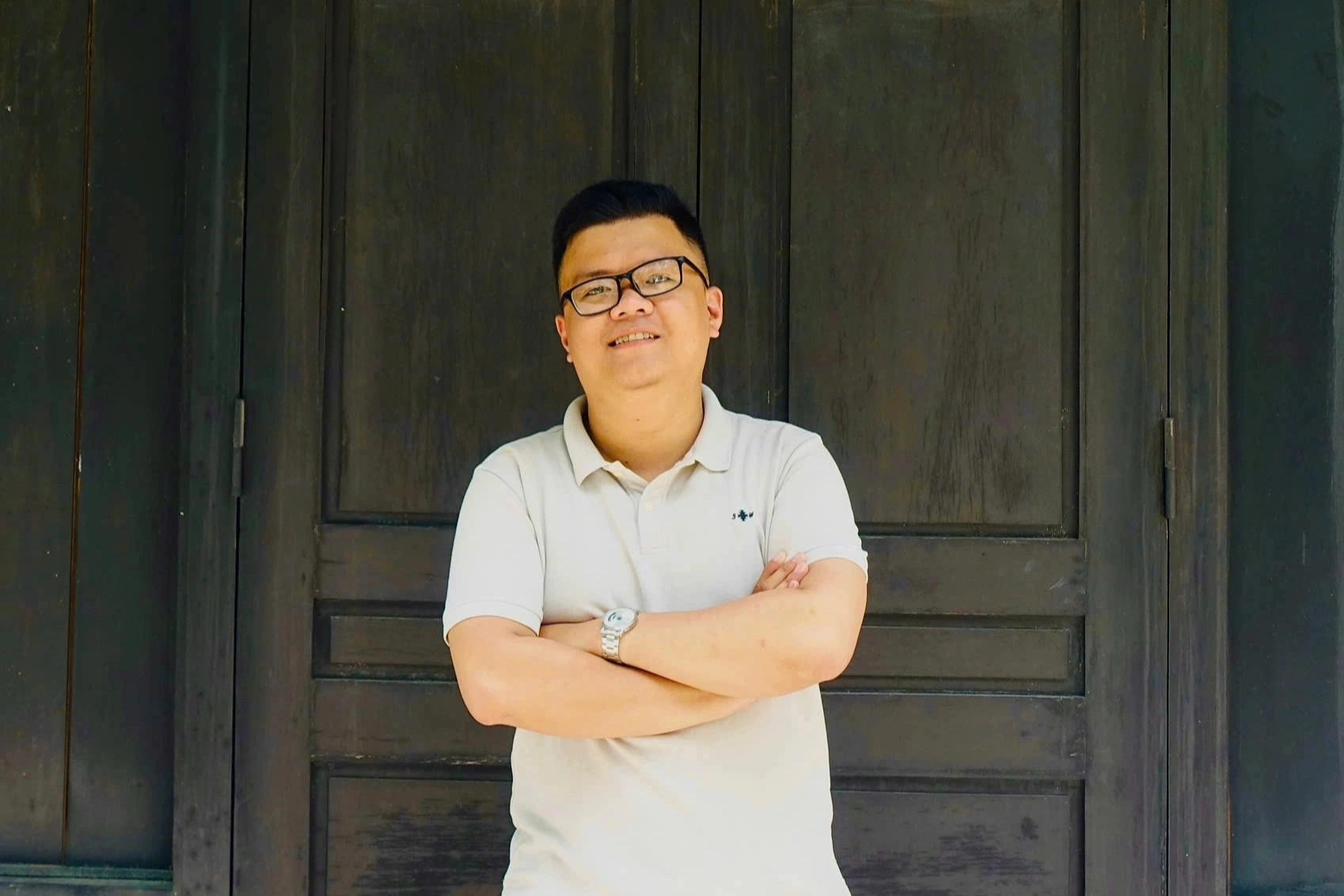

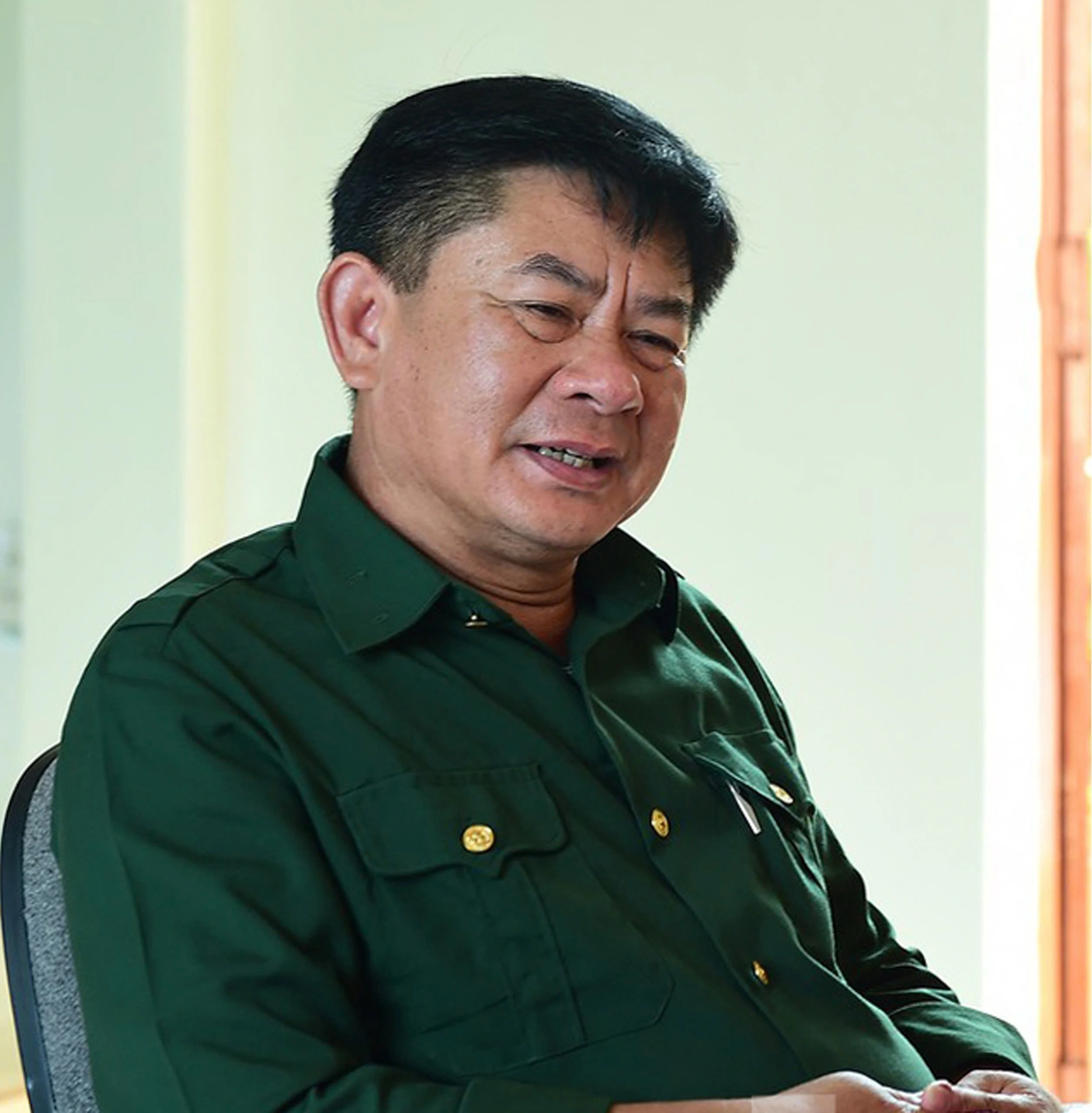




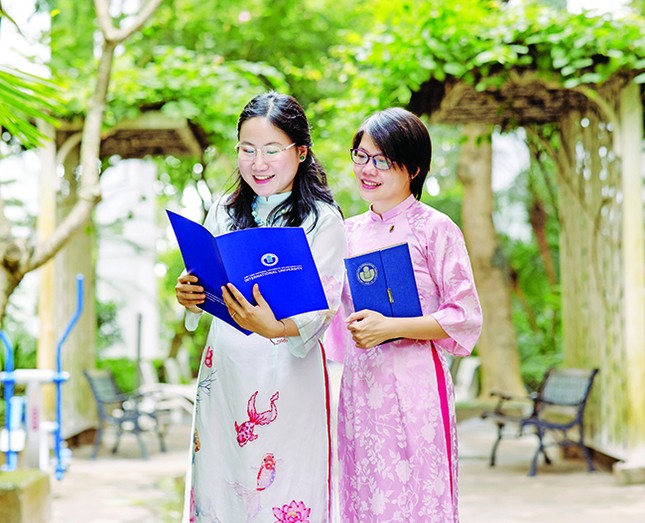





Comment (0)